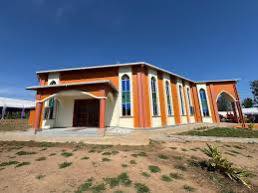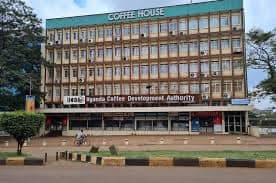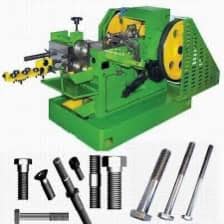
#OutToLunch: A blueprint for politicians and entrepreneurs building churches
#OutToLunch: A blueprint for politicians and entrepreneurs building churches By Denis Jjuuko When it comes to religion, many times politicians, billionaire entrepreneurs, the middle class and other classes agree. At least on building magnificent houses of God. Across Uganda, many people have contributed or even single handedly built these houses of God. Fancy to a fault, majestically standing on hills with spires that compete with those seen in Hollywood movies. Many of these worship centres, particularly those single handedly built by one person or a family with their friends, are usually located in rural areas where the funders were born, walked barefoot to school before migrating to Kampala to find fortune and fame. The floors are of Italian or Spanish marble, porcelain or at worst polished terrazzo. Stained glasses with the beautiful image of the Virgin Mary complete the curvy life size windows. The pews are of the hardest wood. The world’s best sound engineers come in to install the public address system. The house of God must be fancy. Once construction is complete, they call in their Kampala friends for the grand opening. The clergy lines up at the foot of the building to welcome them. The parking lot is full of the most expensive SUVs. The parishioners walk in every prayer day fearful of stepping on the floors, sometimes so shiny that they see their own body reflections. Their best clothes can’t even be used to clean the pews. They can scratch them. For a moment, the poor are in heaven before returning to their houses where floors are screeded with cow dung. There is nothing wrong with people using their fortune and connections to build grand churches or mosques. It is their money; their appreciation of what God has helped them achieve. They no longer have some of these other problems so they can “give back” to God. The problem is whether the grandeur church is what the community really needs. Shouldn’t politicians, the rich and famous first do a needs assessment? Usually, besides the magnificent house of God stands a school with a falling roof or whose walls are being held in place by crooked timber poles. Windows are just wide openings where mild steel frames would do. Inside some of the classrooms, are anthills. Pupils sit on logs and like their homes, the cow dung is the main material used for floor screeding. Teachers look like they last had a decent meal on Christmas day. The health centre is miles away and poorly equipped. The only hope for survival whenever they fall sick is through prayer in the church built for them by the only person who was lucky enough to survive the biting poverty. Yet the funders go to India or Kenya or Germany whenever they feel any discomfort. And are not afraid to give testimony that last time they fell sick, they traveled to Europe for better management and while there, they were thankful to God for their life hence the magnificent church building. Yet the blueprint for an impactful church exists. In most cases wherever the Catholics built a church, they built a school as well and almost everywhere they set up their regional headquarters (read a diocese), they built a functional hospital. They knew that you can’t pastor the dead! They also knew that an educated population is good for them and their beliefs. Some people call it sustainability and perhaps that is why they have existed for millennia. You saw how they put on a show at Pope Francis’ funeral. Why can’t politicians and billionaire businessmen do the same? If you have Shs6 billion (nearly US$2 million) like we heard of the Ssembabule church or the one in Mitooma, why not build a church of Shs2 billion, a school of Shs2 billion and a healthy centre of Shs2 billion? You could also may be build all those with about 70% of the kitty and create an endowment fund with the remaining 30%. The annual interest from the fund could be used to operate the school and the hospital. If 30% of Shs6b is invested say in a long-term treasury bond, it could give a net return of approximately Shs255m per a year or Shs21.3m per a month, enough to subsidize a rural school and health facility. Alternatively, an income generating project could be established alongside the church building. A factory to add value for the parishioners. It could be a dairy plant or a coffee factory depending on the area. A scholarship for the needy bright students could be another alternative. That way people wouldn’t have to meet their creator ahead of time. The writer is a communication and visibility consultant. djjuuko@gmail.com


